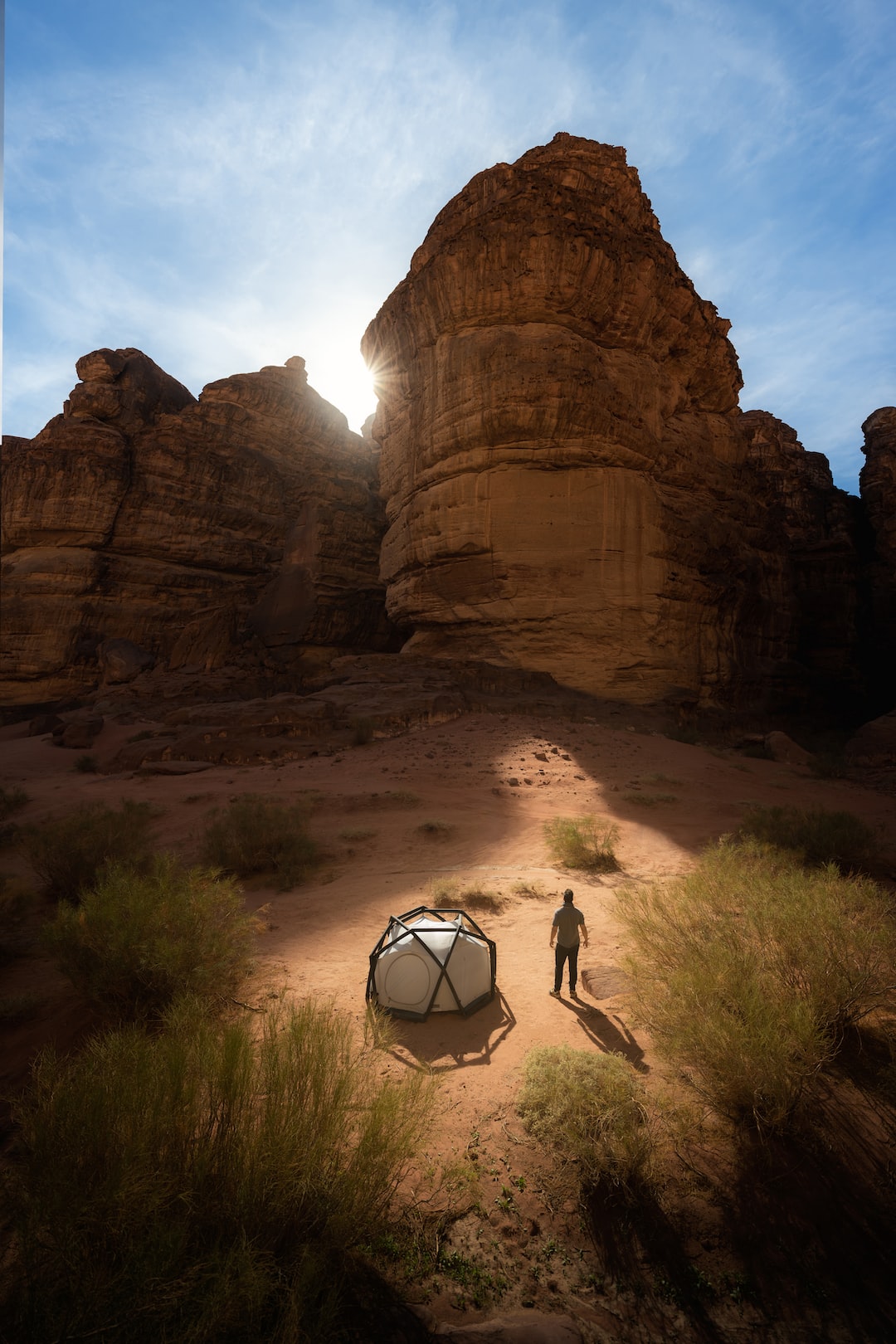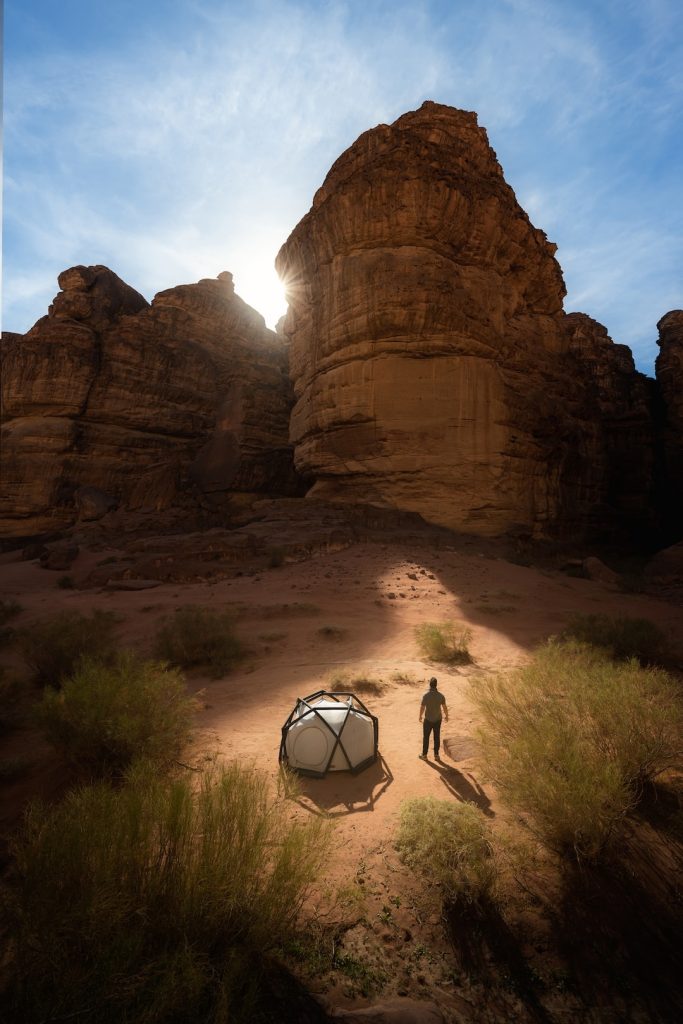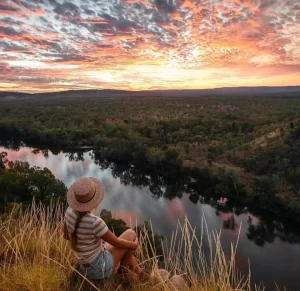The Kakadu National Park
The Kakadu National Park is located in the Northern Territory of Australia. It is a vast expanse of wilderness that stretches over 20,000 square kilometers. This UNESCO World Heritage Site is not only known for its stunning landscapes and diverse wildlife but also for being home to a large population of crocodiles.
Crocodiles in Kakadu
Kakadu is home to both saltwater and freshwater crocodiles. These ancient reptiles have been living in this region for millions of years and have adapted to survive in its unique environment. The crocodiles in Kakadu play a crucial role in the ecosystem and are considered apex predators.
Diet of crocodiles
Crocodiles are opportunistic feeders and have a diverse diet. While their diet may vary depending on the availability of prey, crocodiles in Kakadu primarily feed on fish, crustaceans, birds, and small mammals.
Fish
Fish make up a significant portion of a crocodile’s diet in Kakadu. The park is known for its rich aquatic biodiversity, with numerous freshwater rivers and billabongs that are teeming with fish. Crocodiles often lie in wait near the water’s edge and ambush unsuspecting fish that come close to the surface.
Crustaceans
In addition to fish, crocodiles also feed on crustaceans such as crabs and prawns. These small marine creatures provide a valuable source of protein for the crocodiles, especially during the dry season when other food sources may be scarce.
Birds
Crocodiles in Kakadu are known to ambush and feed on various bird species. They patiently wait near the water, concealed by reeds or vegetation, and strike at the opportune moment. Birds that come to drink or feed near the water’s edge become easy targets for these stealthy predators.
Small mammals

Crocodiles are also known to prey on small mammals that come to the water’s edge to drink or cool off. These can include animals such as wallabies, rodents, and even smaller reptiles. Crocodiles use their powerful jaw and sharp teeth to capture and consume these mammals.
The role of crocodiles in the ecosystem
Crocodiles play a vital role in maintaining the ecological balance in Kakadu National Park. As apex predators, they help control the population of other species and prevent overgrazing. Their feeding habits also help redistribute nutrients from aquatic to terrestrial ecosystems through their waste.
The presence of crocodiles in Kakadu indicates a healthy and thriving ecosystem. They are a critical part of the food chain and contribute to the overall biodiversity of the region.
Crocodiles in Kakadu have a diverse diet consisting primarily of fish, crustaceans, birds, and small mammals. Their feeding habits are crucial for maintaining the ecological balance of the park. As fascinating and powerful predators, they are an integral part of the unique wildlife found in Kakadu National Park.


